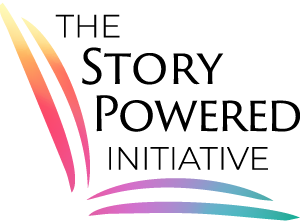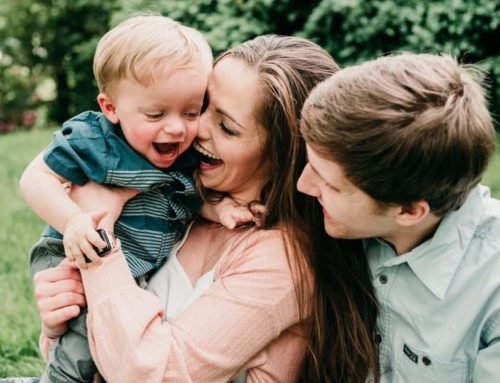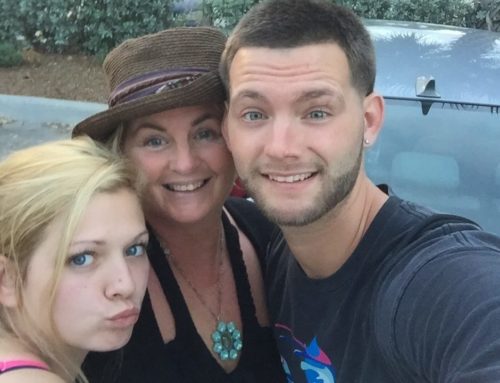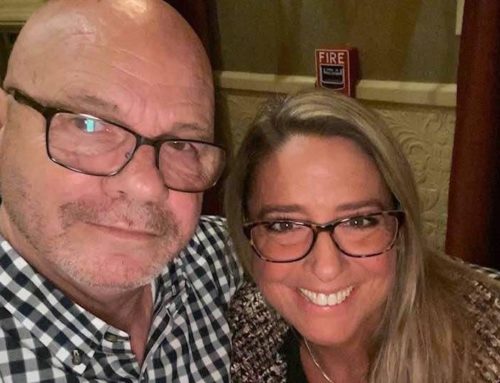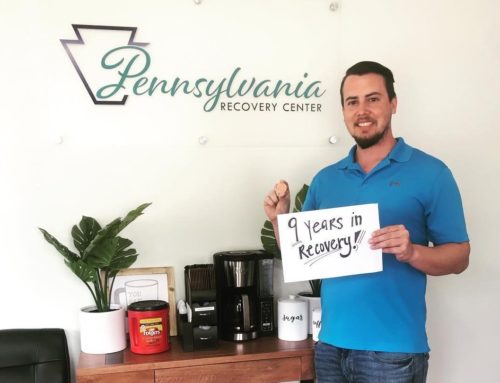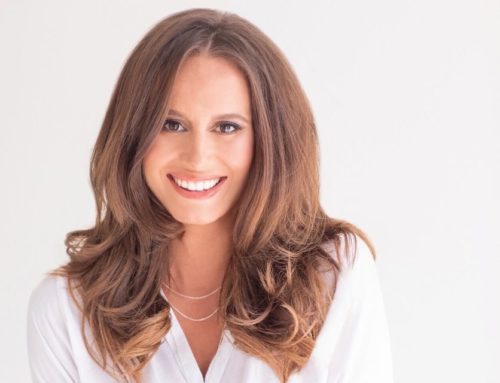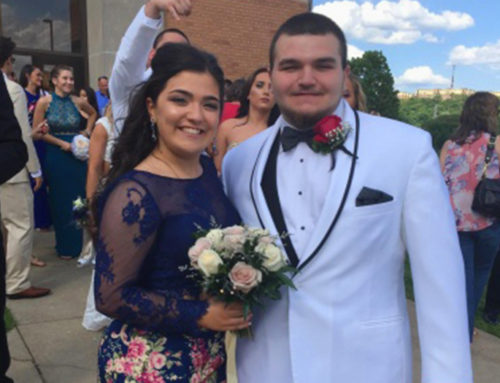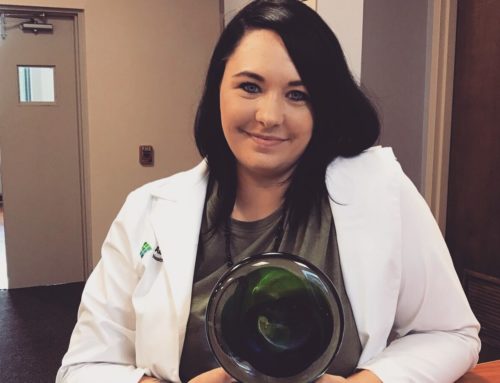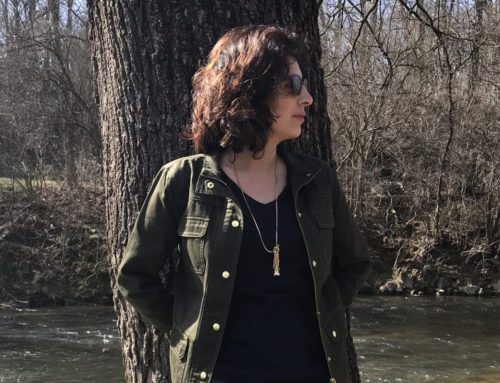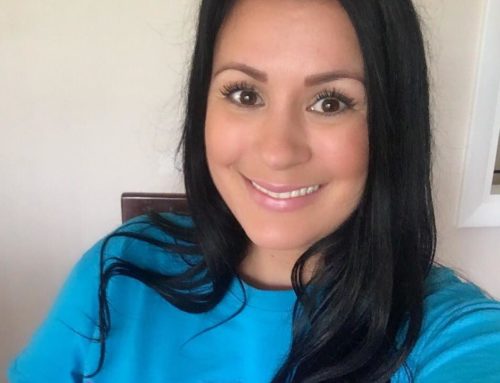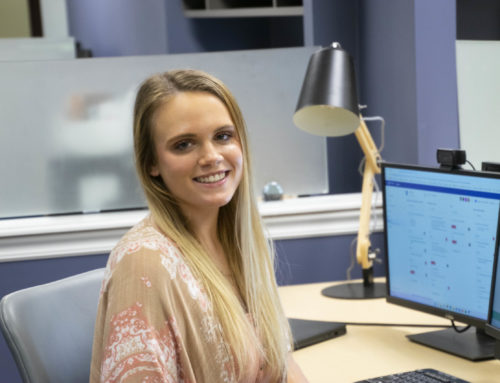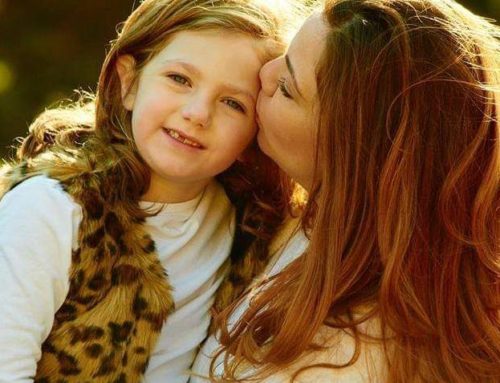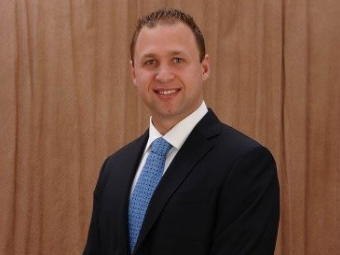
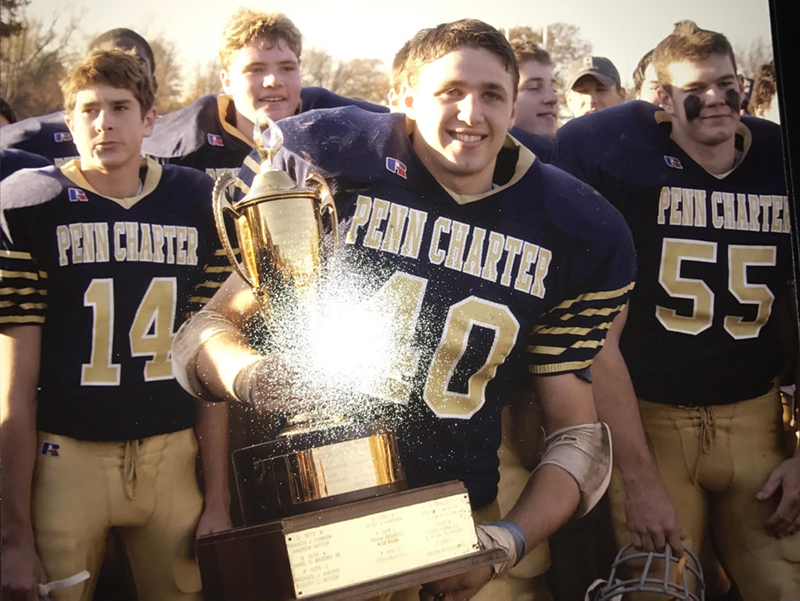
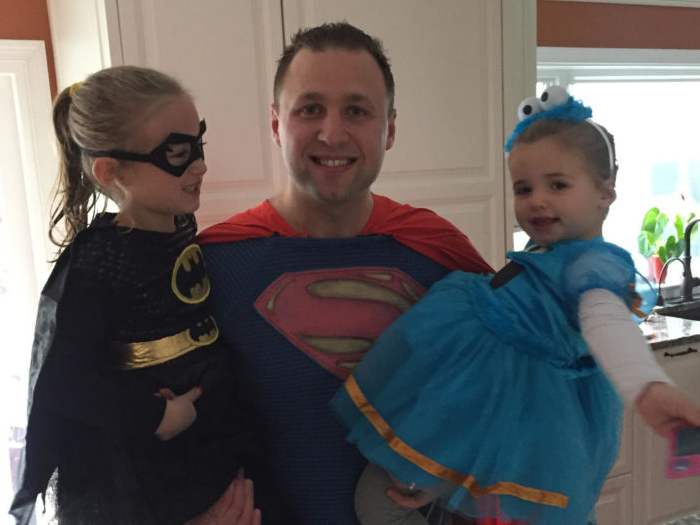
"The main thing you have to overcome isn’t drugs, but yourself."
I grew up as the middle child of three boys in a nice home with loving parents. The first feeling I remember was happiness, and I’ve spent most of my life chasing it. Happiness, to me, boiled down to one word and that was “more.” I wanted more of everything. I wanted more success, more friends, and more money. Despite this, no matter how successful I was in school, sports, and work, I continued to feel a void. Happiness was always short-lived for me.
I was the guy that eight out of ten people in a room could like, but I was obsessed with the two who didn’t. I was a people-pleaser and wanted people to know that I was great at everything I did. I would wear my emotions on my sleeve so that everyone would think that I was cool, calm, and collected. In reality, I was scared out of my mind that nothing I did was good enough. I was judgmental not just of myself but of everyone around me. I was selfish in that I wanted people to be perfect for me. I was the team captain on my high school football and baseball teams during my freshman year, but still continued to feel a void. This changed when I drank my first beer at a party. With that first drink, I felt like I had arrived, that there was a solution to the anxiety I had within myself. But I couldn’t stop at just one; whenever I drank, I got drunk. I didn’t drink every day, though, because I wanted to perform well in sports and school. Despite this, I was always thinking about the next time I could drink.
I moved on to college and played Division I baseball for Penn State. My sophomore year, I injured my hand while playing Michigan State. They gave me Advil to deal with the pain but I wanted something more. I was prescribed a month-and-a-half supply of Percocet. I began taking them and handing them out to friends. At this point, I didn’t use them that often because I felt they hurt my performance on the field; I was still drinking often though.
I eventually graduated, landed a sales position, and married the love of my life. As time went on, I began drinking more and more to keep up with my rising tolerance and began isolating myself when I drank. I enjoyed going straight home after work, turning on a movie, and getting drunk. At a certain point, I felt that I was drinking way too much and began minimizing my intake. I had a difficult time doing this, though, and began taking steps to hide my drinking from my wife. It was around this time that a friend re-introduced me to painkillers after I told him that I wished I could get high without having to drink so much. The pills allowed me to relax in the same way that alcohol did, only without having to ingest so much of it. I’d get them from a group of friends I found and began to buy and use them more and more. I made sure to separate my use of alcohol and pills, but over time I began to use both at the same time.
I was getting drunk or high at least four times a week, but didn’t believe I had any kind of issue. I felt that I didn’t have a problem because despite my use, I exercised a lot, and had a good job and a great wife. At the same time, I felt something was off. I was starting to realize that I couldn’t stop even if I wanted to. My weekly schedule was beginning to form around when and how I could get drunk or high.
I began to realize I had an issue after a series of events that occurred when I was 26. The first was when I had taken some pills before an outing with my wife and my younger brother. I began nodding off behind the wheel while on the interstate and asked my wife to take over driving for me. I woke up the next morning with the realization that I could have killed my wife, our unborn child, and my brother. The second event was when I took way too many pills at once while drinking. I told myself that I’d be okay dying in that moment considering how good of a life I had lived. With that in mind, I continued to take more pills. I survived, but the situation left me depressed. I realized that this was not something I’d be able to stop with willpower alone.
One day I broke down and began crying in the shower. I experienced a sense of calm clarity in that moment though, realizing that I had made a mistake and needed help, but that it was okay. When my wife got home, I revealed to her that I was abusing painkillers and was drinking way more than what I had led her to believe. She was understanding and supportive of me but didn’t know what the next step should be. I decided it would be best to ask my mother what to do, as she had dealt with her own issues involving alcohol. It felt liberating to tell my family what was happening; I no longer had to put up a façade. My mother took me to my first AA meeting and got me in contact with the person who would become my sponsor. I quit cold turkey, and, though it was difficult, I overcame my addiction on a physical and mental level through the support of my family and a 12-step program.
When I was using, I never appreciated the present and always worried about the future. When I stopped using, I began to appreciate the present more. I started becoming grateful for what I had instead of worrying about what I could lose. I began caring for others and my relationships became more gratifying; it was no longer all about me. I’ve been sober now for seven years, and I’m forever thankful for the realization that I needed help. I found the steps that emphasize spirituality to be most helpful in my recovery. The idea that I’m not running the show and there is something greater than me keeps me humbled. I’ve learned that it takes a recovered person to help someone who wants to recover. I had to see the progress of someone else to understand that recovery is possible. My sponsor didn’t require anything from me when he was helping me, and I’ve tried to pay it forward since. I’ve sponsored ten people so far and plan on sponsoring more. It’s my mission to pass on the lessons I’ve learned. One of those lessons is that you have to truly adhere to the steps if you want them to work for you. The main thing you have to overcome isn’t drugs, but yourself.
Those who are addicted to opioids should know that you don’t have to lose your job or your loved ones to realize that you have a problem. You have a problem when you find yourself constantly thinking about a substance, when you must have it on a difficult day, or when you’re beginning to hide things from your loved ones. No one wants to believe that they have a problem, but it’s the first step you have to take to get better.
This is why I am sharing my story, so that others know that it’s okay to ask for help; it’s often the only way to get better. Addiction is the only disease that talks to you in your own voice and for that reason that we need external voices to guide us into and through recovery. Many, including myself, are waiting to help you through it.
